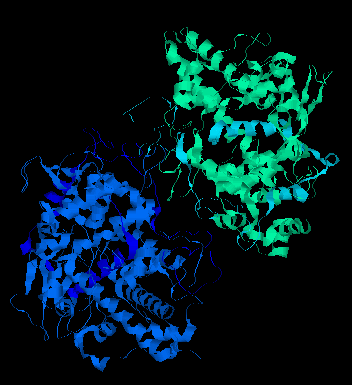Green tea has great antioxidants, but experiments in a lab mouse model of IBD suggest that consuming green tea along with dietary iron may actually lessen green tea’s benefits. “If you drink green tea after an iron-rich meal, the main compound in the tea will bind to the iron,” said Matam Vijay-Kumar, assistant professor of nutritional sciences, Penn State. “When that occurs, the green tea loses its potential as an antioxidant. In order to get the benefits of green tea, it may be best to not consume it with iron-rich foods.” Iron-rich foods include red meat and dark leafy greens, such as kale and spinach, iron supplements.
Vijay-Kumar and colleagues found that EGCG – the main compound in green tea – potently inhibits myeloperoxidase, a pro-inflammatory enzyme released by white blood cells during inflammation. Inactivation of myeloperoxidase by EGCG may be beneficial in mitigating IBD flare-ups. But when EGCG and iron are consumed simultaneously, iron-bound EGCG loses its ability to inhibit myeloperoxidase.

Myeloperoxidase
Adding to this complexity, they found that EGCG can also be inactivated by a host protein, which is highly abundant in inflammatory conditions.
IBD is characterized by chronic inflammation of the digestive tract, which results in bloody diarrhea, pain, fatigue, weight loss and other symptoms including iron deficiency/anemia. It is common for IBD patients to be prescribed iron supplements. In this scenario, the intake of green tea and iron supplements at the same time would be counterproductive as both nutrients would bind and cancel each other out.
“The benefit of green tea depends on the bioavailability of its active components,” said Beng San Yeoh. “It is not only a matter of what we eat, but also when we eat and what else we eat with it.” http://www.eurekalert.org/pub_releases/2016-03/ps-gta030816.php









Recent Comments